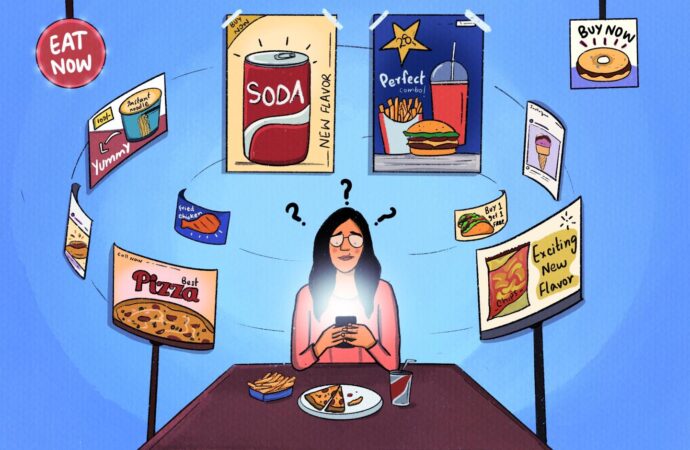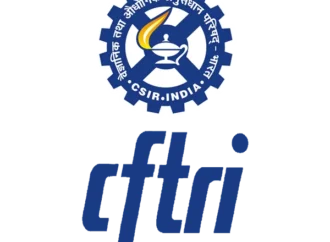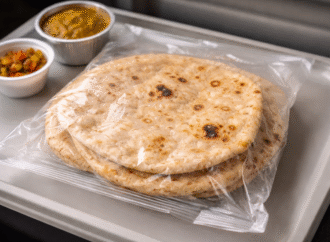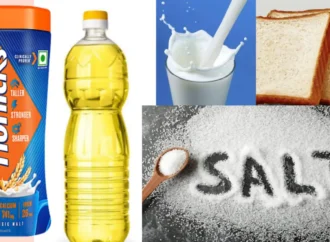Key Update
Polycystic ovary syndrome (PCOS) affects an estimated 15–20% of pre-menopausal women worldwide, making it one of the most common endocrine disorders. As per medical practitioners, rising junk food consumption among pre-teen girls in India drives a surge in PCOS cases. Dr Archana Dhawan Bajaj, Gynaecologist and IVF Specialist at Nurture, explains that fast food slows metabolism, promotes unhealthy weight gain, and disrupts hormonal balance. These changes create ideal conditions for PCOS, causing irregular periods, acne, hirsutism, and long-term reproductive challenges.
Obesity and PCOS are linked
Globally, 26% of women and 18% of adolescent girls suffer from obesity. A higher body mass index (BMI) is strongly linked to metabolic and gynaecological disorders, including PCOS. Consuming excessive fried and processed foods disrupts insulin sensitivity and promotes weight gain, directly affecting menstrual health and fertility. Teenage food habits often carry into adulthood. Dr Bajaj emphasises that poor diets in adolescence cause obesity, endometrial defects, and hormonal imbalances, making conception harder for women with PCOS and increasing their risk of early miscarriage.
Food Safety and Nutrition Recommendations
What may seem like harmless snacking can have serious long-term effects. Encouraging home-cooked, nutrient-rich meals, reducing fast-food intake, and staying physically active can help protect girls from PCOS, support a healthy weight, and preserve future fertility.
Key Takeaway
The rising popularity of junk food is not only driving obesity but also fueling PCOS among pre-teen girls. Safe, balanced diets and active lifestyles form the foundation for lifelong reproductive and overall health.
Source: India TV
 Food Manifest
Food Manifest 


















